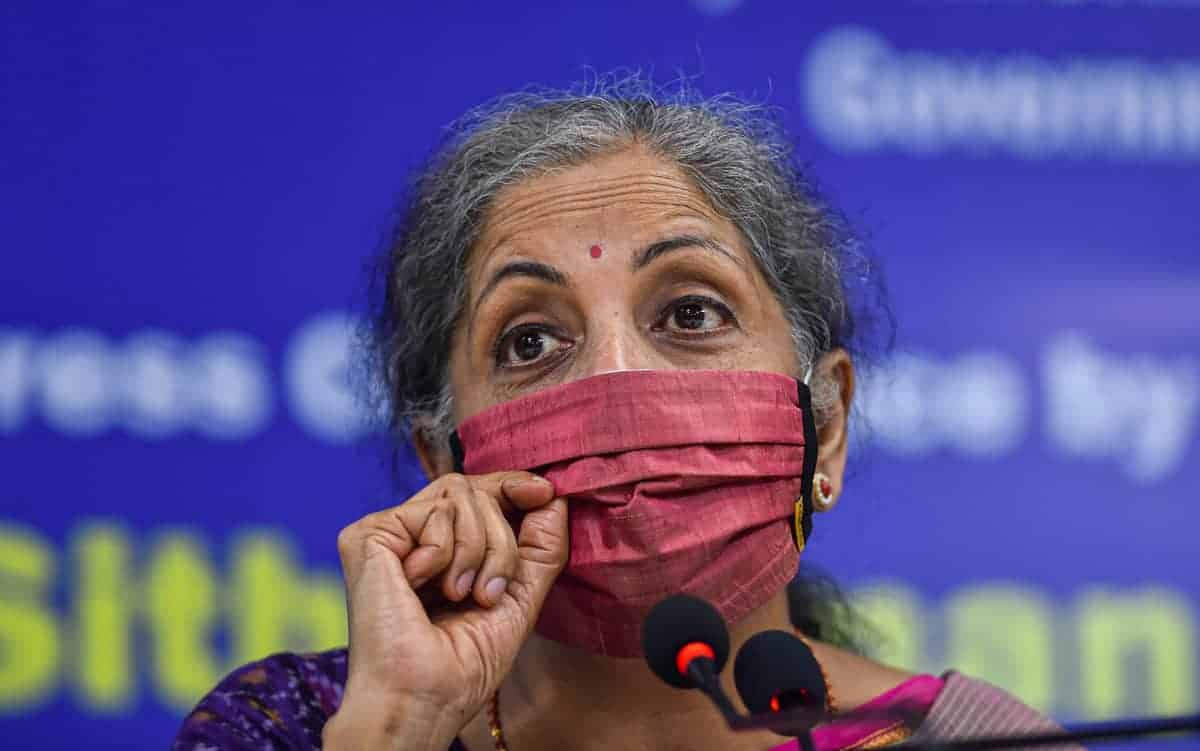
The upcoming budget session of Parliament is likely to be a boisterous one with a lot of controversial issues that will be raised by the opposition. Although the Parliamentary Affairs Minister Prahlad Joshi has stated that the Modi government is ready to face all the issues, the opposition is sharpening its knives. The session is important, as it is the first session of the year in 2021. It is being held amidst the pandemic COVID-19.
The Session will commence on January 29 and the Union Budget will be presented on February 1. The session will conclude by April 8, with a recess of 20 days between February 15 and March 8. All COVID protocols will be in place.
President Ramnath Kovind will address the customary joint session on January 29, followed by the placing of an Economic Survey the next day and on February 1 the budget will be presented by Union Finance minister Nirmala Sitharaman, the third consecutive one for her.
Budget making at a time of pandemic is indeed a difficult process. Breaking the age-old tradition the Finance Ministry this time has decided to go paperless and will not print the Budget 2021.
All eyes are on the government, as the budget would shed light on how the government allocates the funds to different sectors. Almost all the sectors are affected and, it is going to be a challenge to balance the revenue and the expenditure.
Union Finance Minister Nirmala Sitharaman has promised to build a ‘stronger economy like never before’. The Budget will be an unprecedented one, she had stated, as never had been such a situation “where tax collections are struggling to keep up with the budgeted number and “the demand for goods and services is sluggish.”
A recent Reuter’s report predicts that the Indian economy is expected to shrink nearly ten percent in the 2021 financial year.
The opposition has enough ammunition to attack the government including the COVID vaccination drive, the ongoing farmer’s agitation, economy, China’s aggressive postures, price rise, job scenario, the continuation of the CAA agitation, the plan to construct a new Parliament building for Rs 20000 crores, etc.
A senior Congress leader claims that the political parties stayed away from the three -month old farmer’s agitation but in Parliament, they will be vocal. The opposition plans to seek debates on employment generation, reverse migration, border standoff with China, and Indo-Pakistan relations etc. The health ministry and other important sectors need more allocation. The finance minister has said, “The budget would take note of all the inputs received from the health sector to take this forward.”
The Opposition will not only question the government on its handling of the pandemic but also discuss the vaccination drive that started on January 16. The weak states would seek more financial assistance to deal with the pandemic.
The government is also getting ready with some key legislations like the personal data protection bill, pending bills from last year including the DNA Technology (Use and Application) Regulation Bill, and the Maintenance and Welfare of Parents and Senior Citizens Bill. Pending legislation includes the Medical Termination of Pregnancy (Amendment) Bill and the Dam Safety Bill.
The question is that will the opposition be effective as it is divided. There is no tall leader who could unite them although the Congress chief Sonia Gandhi tries to hold a meeting before the session. There are speculations that the non –BJP, Non-Congress Opposition might unite under the NCP Chief Sharad Pawar. Congress is going through a crisis with a section of leaders questioning the Gandhi family. The party has bought time with the promise of an AICC session in early 2021. According to senior Congress leader Anand Sharma, there will be floor coordination.
Though the BJP is close to getting a majority in the Rajya Sabha, the strategy is to divide the opposition to get even controversial legislation passed. That was how it managed to get legislation like the Triple Talaaq, Citizenship Amendment Bill, repeal of Article 370 in Jammu and Kashmir.
The opposition should change its strategy of walkouts, rushing to the well of the house, etc., and indulge in participating in debates and raising issues. The lawmakers should do their duty of studying the budget proposals and keep the government on its toes. The way a responsible opposition would function is to use the question hour, calling attention motions and debate on the President’s address to hold the government accountable. The government too should take the opposition into confidence. But both believe in confrontation. With elections to five states on the horizon, the parties, most probably, will play to the gallery.
The matter of concern is that the country lacks a strong and vigilant Opposition. A vibrant democracy needs one. The opposition parties should show a united face in Parliament. When Rajiv Gandhi won 403 seats in 1984, the opposition with a dozen vocal leaders brought out the Bofors scam successfully which led to his ouster.
Kalyani Shankar is a senior journalist and analyst based in Delhi

